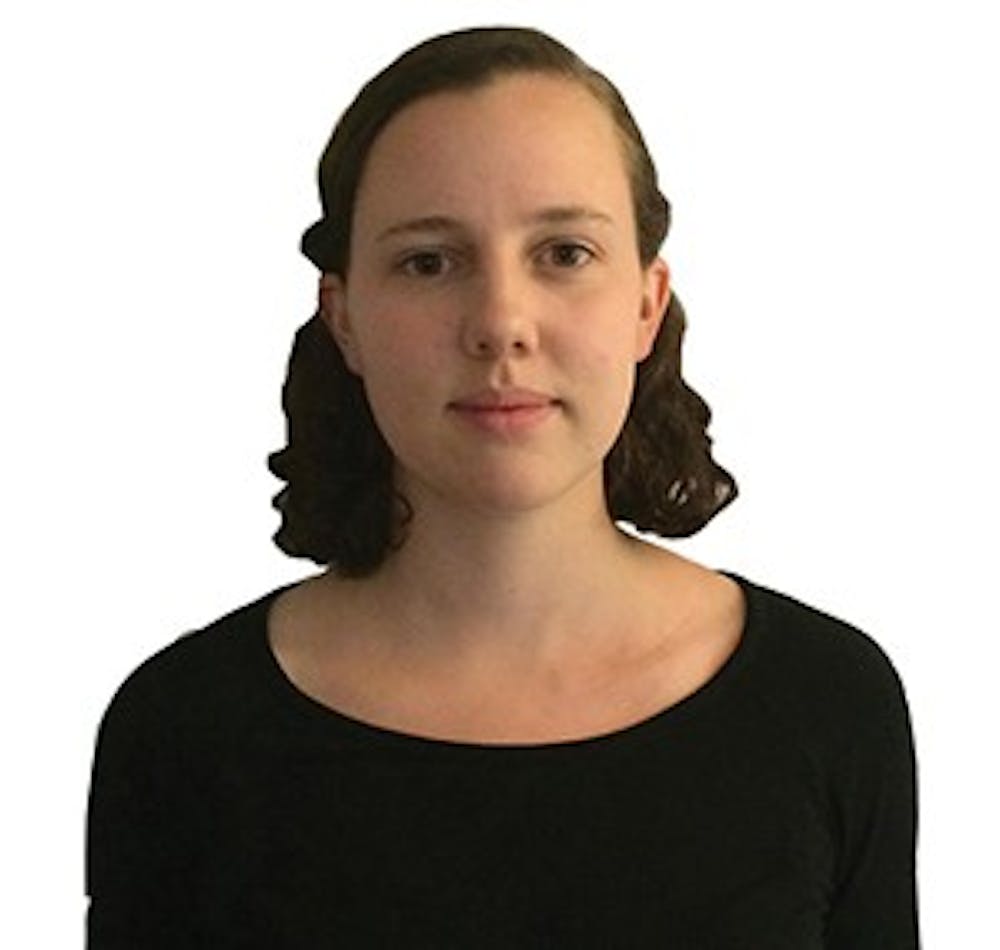When I read that Kate Bolick’s book “Spinster: Making a Life of One’s Own” was akin to Betty Friedan’s “Feminine Mystique” in its transformational and generation-defining significance, I immediately picked up a copy. Unfortunately, I was immediately disappointed. Here was a gorgeous white woman living in a Brooklyn apartment with 11-foot ceilings outfitted by an interior designer. She found herself in partnerships with clever men more often than not, and had just secured a six-figure book deal. It felt insincere. She was rising to minor TV personality fame and cashing in by calling herself a spinster: a woman intentionally choosing to live by herself in rejection of marriage.
I soon realized that what irritated me was not wholly attributable to the inauthenticity of her narrative. I was more frustrated by how singular it was. Not only does she propose the interchangeability of her spinster experience with a “universal” female experience, her story is one that is steeped in a rigid, individualistic notion of female success as forging the path alone. It is a book that tells the story of a privileged woman who has awakened to the rewards of spinsterhood while further marginalizing the narratives of many women. The challenges facing single women and mothers extend beyond the trite image of crawling into bed alone every night. Often, the ability of these women to “get by” is not touted as a form of feminist self-empowerment. In fact, many single mothers, especially poor women of color, live with the damning stereotype of the welfare queen who leeches off taxpayer dollars.
It is not until the very end of her book that Bolick barely breaches the surface of the problem when she finally asks “Are women people yet?” Her offering of female empowerment through spinsterhood as a viable solution to the woman question is inherently limited, because so much depends on women establishing autonomy in all parts of their lives. Carrie Brownstein of “Portlandia” and riot grrrl band Sleater-Kinney so precisely stated, “People would ask me, years ago, ‘What does it feel like to be a woman playing music?’ And I said, ‘Being asked this question is what it feels like.’” We expect women, especially female artists, to orient themselves only in their gender. At the same time, our films idealize and propagate the staple manic pixie dream girl character who serves only as a medium for her sentimental male counterpart to discover his own youthfulness.
At Penn, marriage is part and parcel with our preprofessionalization. During my freshman convocation, Amy Gutmann told us we were the leaders of the future, and almost in the same breath, that there was a 30 percent chance we would marry another Penn student. Of course, the alternative is the platitudinous college hook-up culture that places a premium on both partners’ emotional complacency. The choices seem to be rote and serial monogamy, or hypersexualized nonchalance, and both seem to deny the agency of those involved. Bolick is strongest when she defines being single as not just doing whatever you want, whenever you want, but as a lifestyle that cultivates self-care. However, it is time to translate self-care into solidarity.
Just as gracefully as Bolick succeeds in creating a vibrant life for herself as a single woman, she just as quickly fails to offer women a collective way out of gendered marital codes. Virginia Woolf tells us that we need means and a room of our own to create. In her essay “In Favor of the Sensitive Man,” Anaïs Nin tells us that if women are to find the support for their intellectual pursuits the new man who possesses a gentler masculinity must complement the new woman. The choice is clear: good money or good men. But what if there was another way that didn’t strengthen the understanding of marriage and raising a family as endangering the creative female self? What if, instead, we creatively approached entering into and sustaining lifelong partnerships, rearing children and reimagining female careerism in order to assert a new place for women? The challenge we face is not merely learning how to inhabit the world as it exists, but possessing the audacity to create a new one. We need a room of our own and so much more.
CLARA JANE HENDRICKSON is a rising College senior from San Francisco studying political science. Her email address is clara@sas.upenn.edu.
The Daily Pennsylvanian is an independent, student-run newspaper. Please consider making a donation to support the coverage that shapes the University. Your generosity ensures a future of strong journalism at Penn.
DonatePlease note All comments are eligible for publication in The Daily Pennsylvanian.









